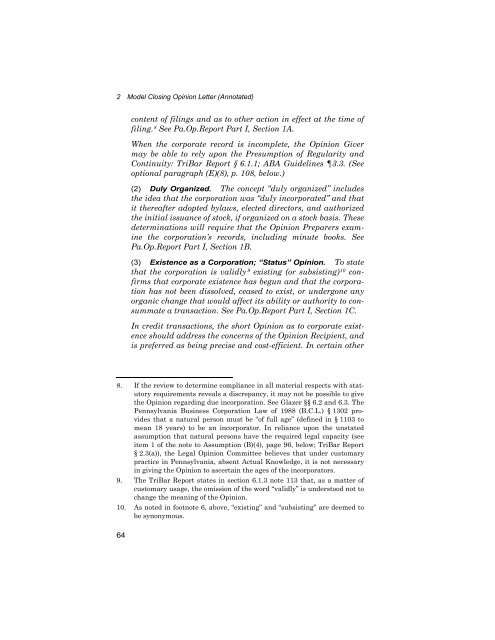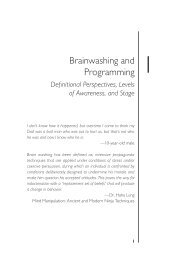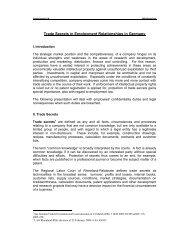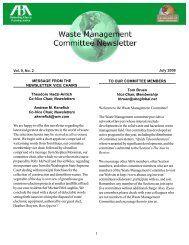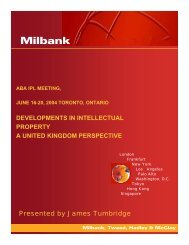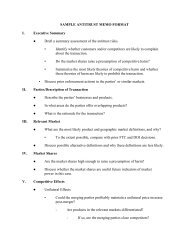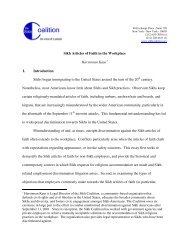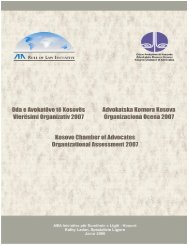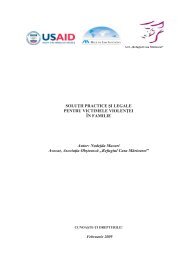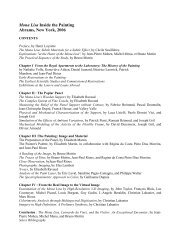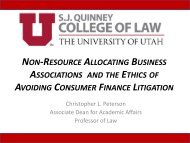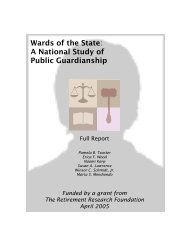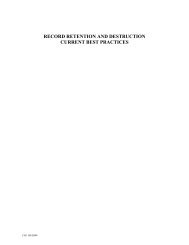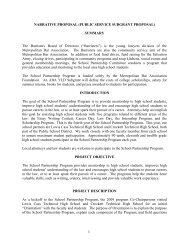Model Closing Opinion Letter (Annotated) - American Bar Association
Model Closing Opinion Letter (Annotated) - American Bar Association
Model Closing Opinion Letter (Annotated) - American Bar Association
Create successful ePaper yourself
Turn your PDF publications into a flip-book with our unique Google optimized e-Paper software.
2 <strong>Model</strong> <strong>Closing</strong> <strong>Opinion</strong> <strong>Letter</strong> (<strong>Annotated</strong>)<br />
64<br />
content of filings and as to other action in effect at the time of<br />
filing. 8 See Pa.Op.Report Part I, Section 1A.<br />
When the corporate record is incomplete, the <strong>Opinion</strong> Giver<br />
may be able to rely upon the Presumption of Regularity and<br />
Continuity: Tri<strong>Bar</strong> Report § 6.1.1; ABA Guidelines 3.3. (See<br />
optional paragraph (E)(8), p. 108, below.)<br />
(2) Duly Organized. The concept “duly organized” includes<br />
the idea that the corporation was “duly incorporated” and that<br />
it thereafter adopted bylaws, elected directors, and authorized<br />
the initial issuance of stock, if organized on a stock basis. These<br />
determinations will require that the <strong>Opinion</strong> Preparers examine<br />
the corporation’s records, including minute books. See<br />
Pa.Op.Report Part I, Section 1B.<br />
(3) Existence as a Corporation; “Status” <strong>Opinion</strong>. To state<br />
that the corporation is validly 9 existing (or subsisting) 10 confirms<br />
that corporate existence has begun and that the corporation<br />
has not been dissolved, ceased to exist, or undergone any<br />
organic change that would affect its ability or authority to consummate<br />
a transaction. See Pa.Op.Report Part I, Section 1C.<br />
In credit transactions, the short <strong>Opinion</strong> as to corporate existence<br />
should address the concerns of the <strong>Opinion</strong> Recipient, and<br />
is preferred as being precise and cost-efficient. In certain other<br />
8. If the review to determine compliance in all material respects with statutory<br />
requirements reveals a discrepancy, it may not be possible to give<br />
the <strong>Opinion</strong> regarding due incorporation. See Glazer §§ 6.2 and 6.3. The<br />
Pennsylvania Business Corporation Law of 1988 (B.C.L.) § 1302 provides<br />
that a natural person must be “of full age” (defined in § 1103 to<br />
mean 18 years) to be an incorporator. In reliance upon the unstated<br />
assumption that natural persons have the required legal capacity (see<br />
item 1 of the note to Assumption (B)(4), page 96, below; Tri<strong>Bar</strong> Report<br />
§ 2.3(a)), the Legal <strong>Opinion</strong> Committee believes that under customary<br />
practice in Pennsylvania, absent Actual Knowledge, it is not necessary<br />
in giving the <strong>Opinion</strong> to ascertain the ages of the incorporators.<br />
9. The Tri<strong>Bar</strong> Report states in section 6.1.3 note 113 that, as a matter of<br />
customary usage, the omission of the word “validly” is understood not to<br />
change the meaning of the <strong>Opinion</strong>.<br />
10. As noted in footnote 6, above, “existing” and “subsisting” are deemed to<br />
be synonymous.


